December 2015
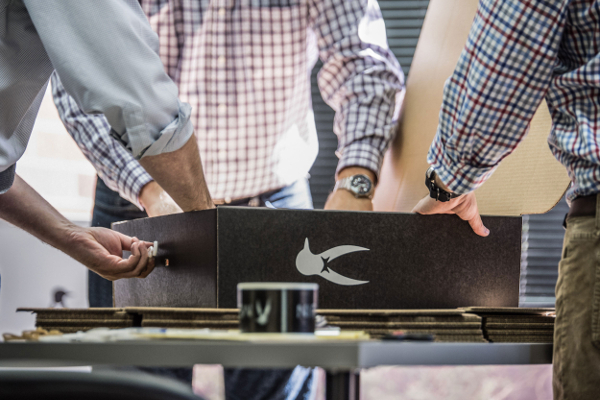
Accelerating Arkansas Entrepreneurs
December 31, 2015
Synopsis: Accelerating Scalable Ventures in Arkansas One of the first questions any venture capitalist will ask an entrepreneur pitching a business idea is this: what problem is your company trying to solve? In the case of Menguin.com, founder and CEO Justin Delaney had a straightforward answer. Quite simply, his online tuxedo rental company aimed to […]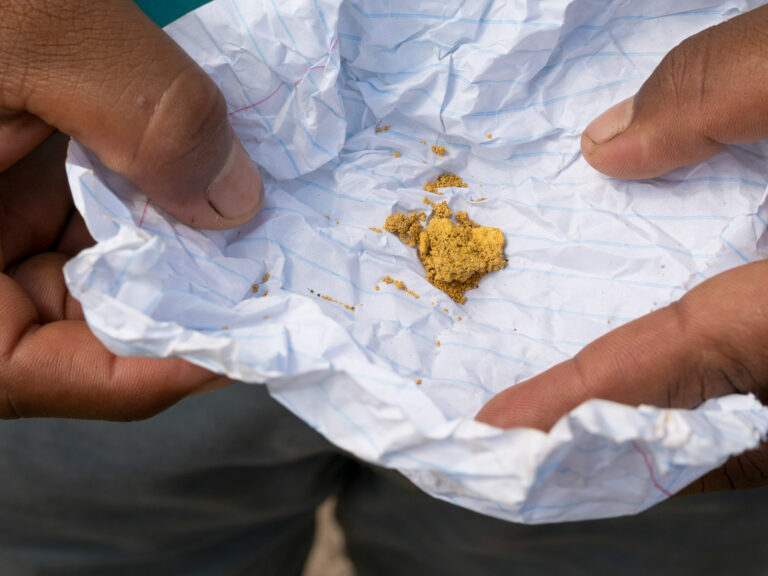
Preserving Guyana’s Remarkable Forests
December 31, 2015
Synopsis: Help Guyana Forestry Commission develop a national Forest Carbon Monitoring System Among the last things you can expect to see along the road headed south from the Guyanese city of Linden is a living, breathing human being. In large part, that is because the deeply rutted dirt road to Brazil cuts through thick forest […]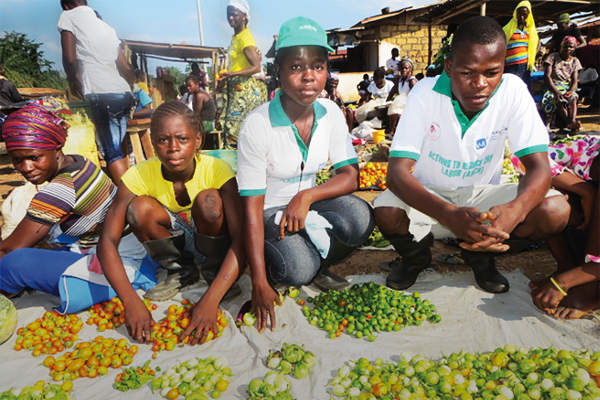
Tackling Child Labor
December 31, 2015
Synopsis: Reduce exploitative child labor in Liberian rubber sector Mercy Dahn was 9 years old when she began working on her father’s rubber farm in Liberia. At first she dug holes and planted young trees, but as she grew older, the tasks grew more difficult and dangerous. She worked with acid that irritated her skin, […]
Opening the Tap in Tanzania
December 31, 2015
Synopsis: Tackle root causes of poverty in rural areas by linking demand-driven Multiple-Use Water Services (MUS) with impact-boosting health and livelihoods programs Sarai Jacobi’s days used to be utterly predictable. Each morning at 7, she would leave her home in Nyakonge, Tanzania and walk four kilometers with her donkey to collect water for her family […]
Staying Cool In Pakistan
December 31, 2015
Synopsis: Cold chain development program linking horticultural and fishery production Safina Bibi is comfortable being a trailblazer. In 1984, Bibi became the first — and remains the only — woman owner of a cold storage facility in Pakistan’s Balochistan Province. This is no small achievement in male-dominated Pakistan. But just as important is the fact […]
Taking Burma’s Coffee Global
December 31, 2015
Synopsis: Integrate smallholder farmers into commercial value chains to increase productivity Armed with a clipboard and a finely-tuned nose and taste buds, Craig Holt began the hard work of determining the potential of Burma’s coffee growers. Holt, owner of Seattle-based Atlas Coffee Importers, was in Rangoon, Burma (also known as Myanmar) as a volunteer judge […]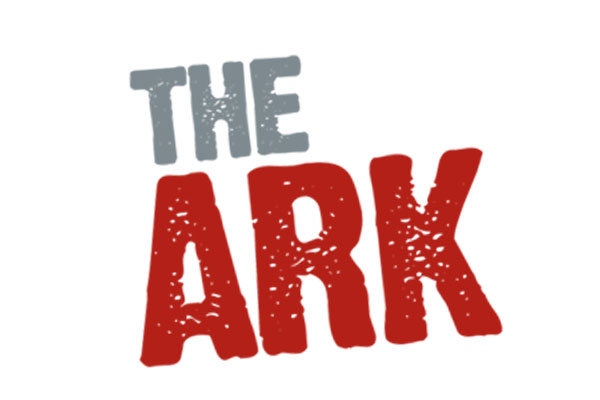
Fayetteville — Site of Winrock’s ARK Challenge — Among Best Cities to Found Startups
December 14, 2015
(December 14, 2015) — Fayetteville, Ark., was one of the best cities in America to found a startup in 2015, according to a ranking released this month. Tech startup DataFox had the popular Northwest Arkansas city No. 3 on their list of 15 cities outside of New York City or Silicon Valley. Winrock International, through […]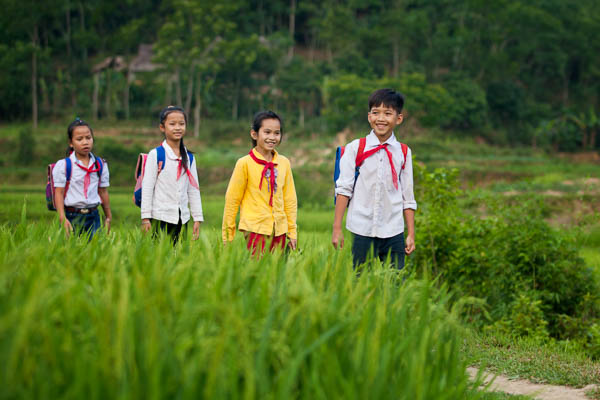
Working hand in hand with families, communities & nations so children can thrive in school
December 10, 2015
Winrock International promotes access to safe education by improving children’s physical safety and emotional well-being, and fostering an enabling environment in which children can thrive. This means helping communities and schools create safe, supportive spaces for girls and boys alike; empowering families and communities to monitor children’s safety; and improving families’ livelihoods so they are […]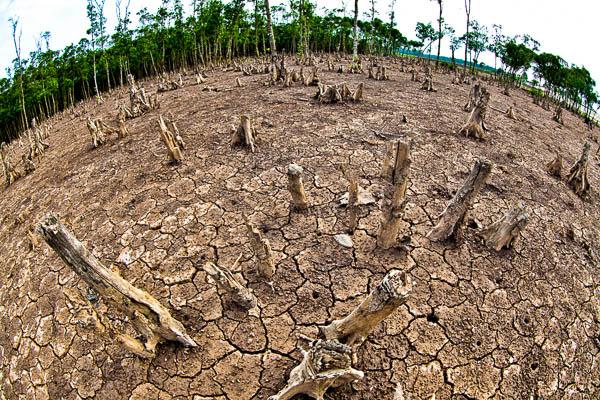
Blog: Climate Change Finance — Actions More Valuable Than Words
December 7, 2015
By Robert O’Sullivan, Environment GroupDecember 7, 2015, Paris, COP 21 The tension between environmental and economic priorities has existed since the very first environmental concern was raised, and is one of the key issues at the heart of international and domestic climate policy. Reducing emissions and adapting to inevitable climate change has global and local […]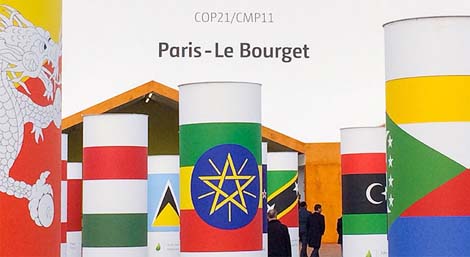
Blog: The Conference of the Parties in Paris — A Bird’s-Eye View
December 4, 2015
By Ken Andrasko, Environment Group December 4, 2015, Paris, COP 21 Paris is the City of Light, and of love. And of a dozen TV shows in prime time where panelists argue about books. Seriously — a dozen. Paris just faced one of its most momentous challenges to French culture and values in the coordinated […]